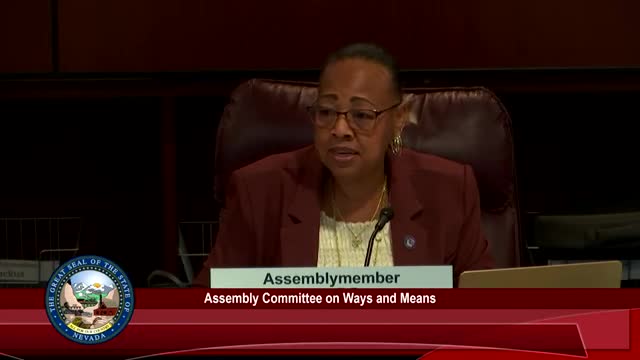Article not found
This article is no longer available. But don't worry—we've gathered other articles that discuss the same topic.
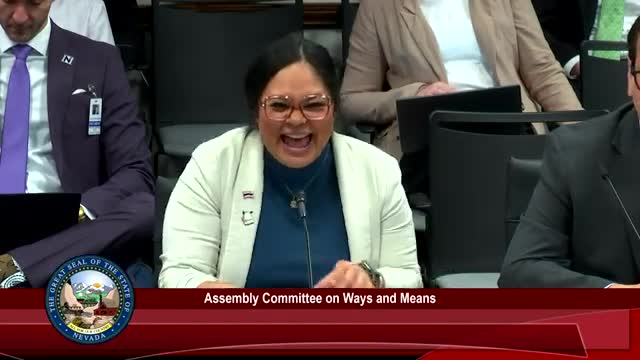
Committee hears AB 287 on automatic recounts and a new voter access grant fund; counties push cost clarifications
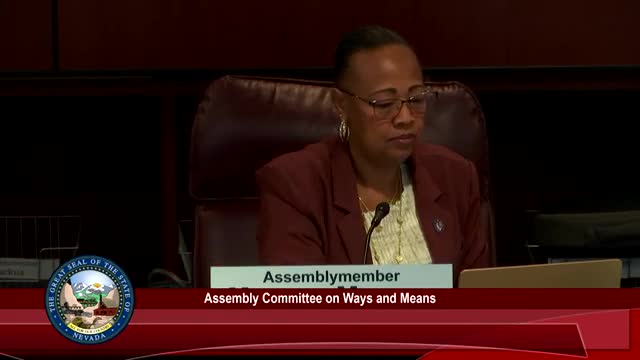
Committee hears debate on AB 186 to expand pharmacists’ scope; fiscal note revised
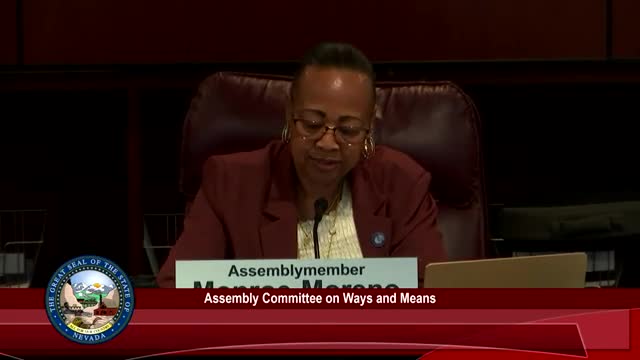
AB 345 requires NSHE–DETR collaboration on education dashboard and studies; agencies confirm $0 fiscal impact
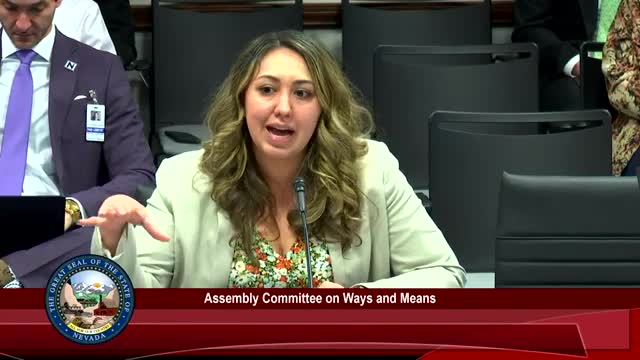
AB 335 would embed English‑learner plans in school accountability; NDE removes fiscal note after amendment
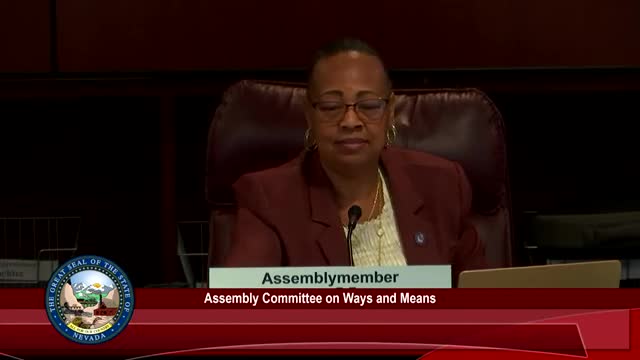
Ways and Means hears AB 286, permissive pilot to assess teacher competency without Praxis pass
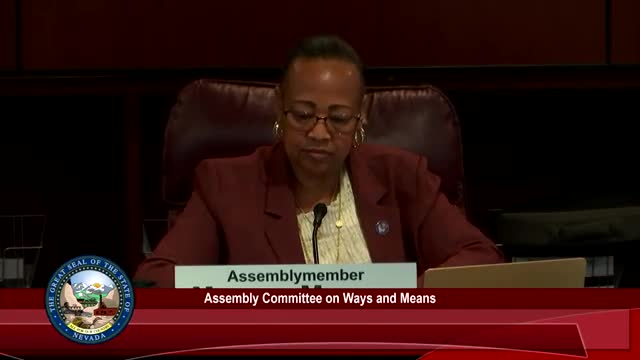
AB 376 amendment creates insurer sandbox, flex‑rating and captive options to address wildfire coverage; fiscal note removed
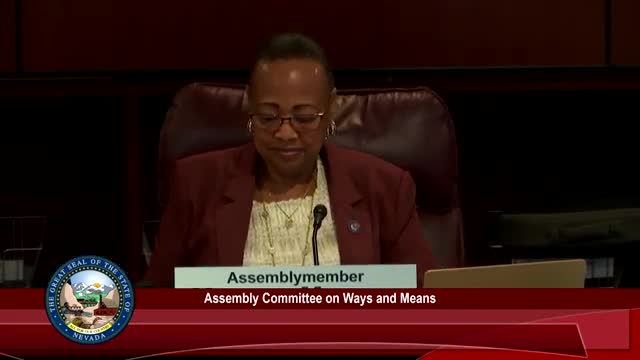
AB 352 would move cottage‑food oversight to Dept. of Agriculture; fiscal notes revised after coordination
